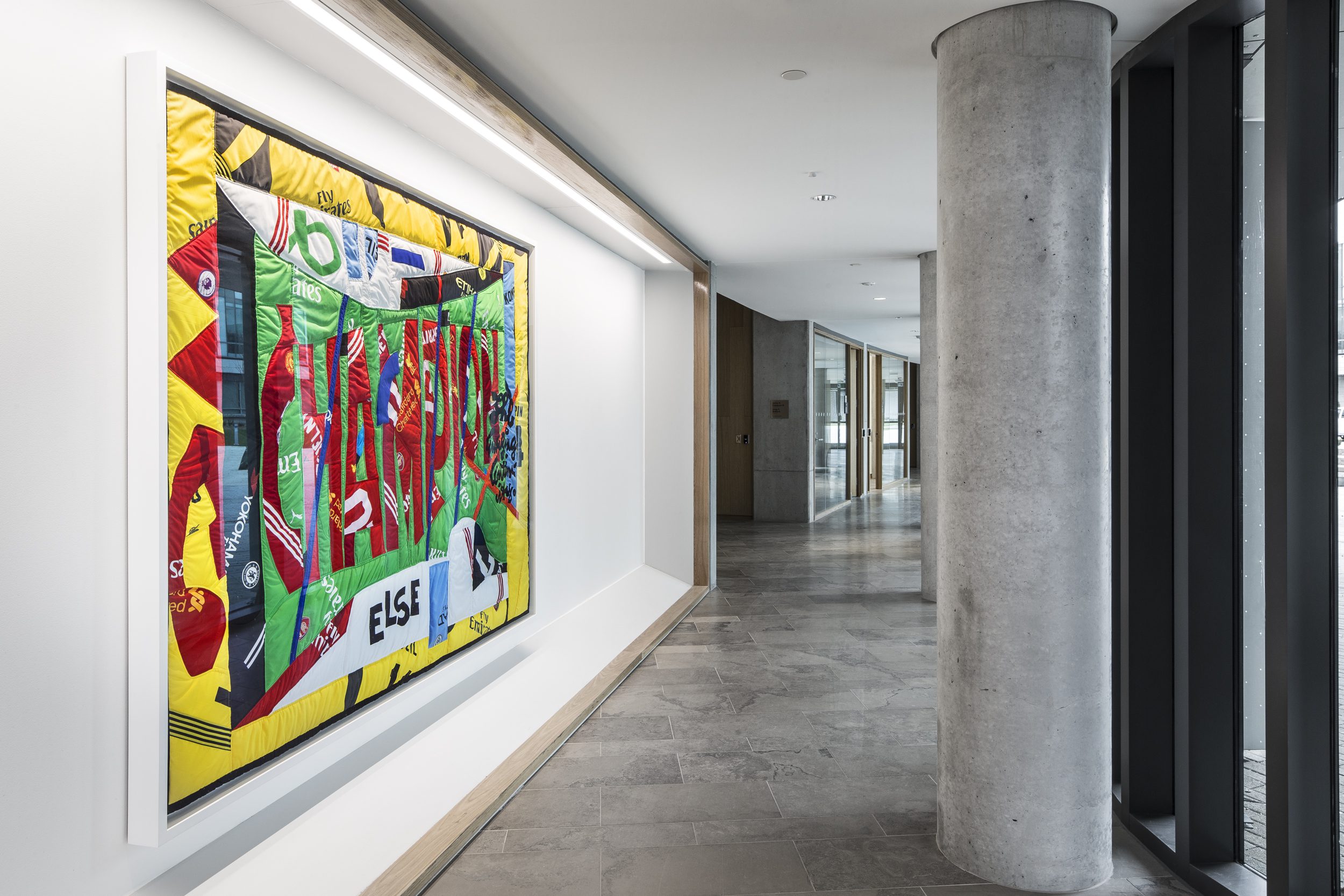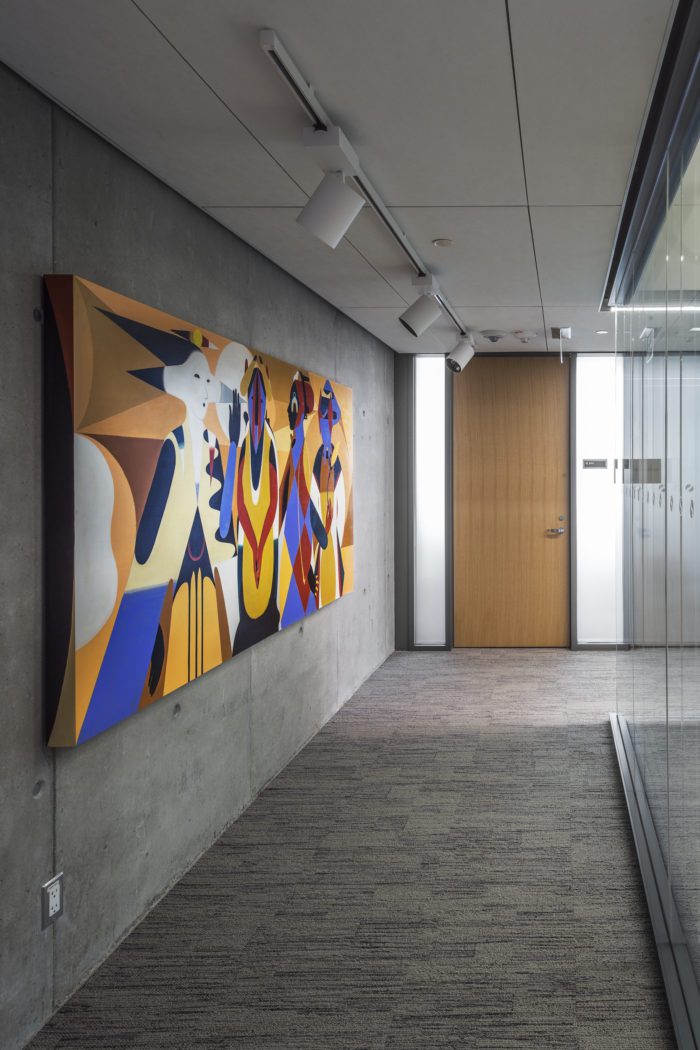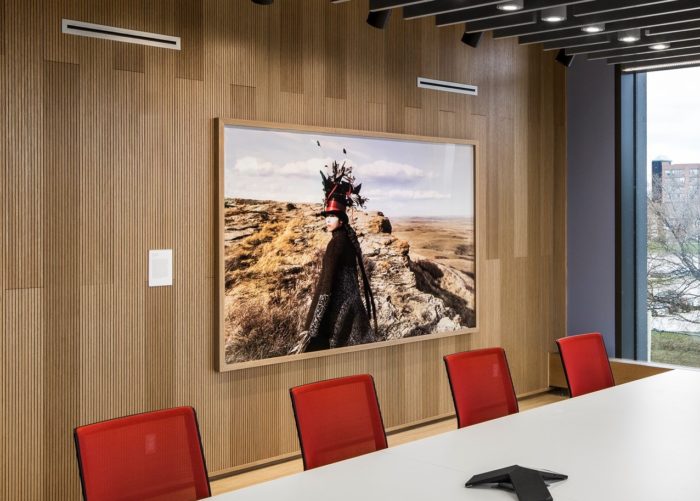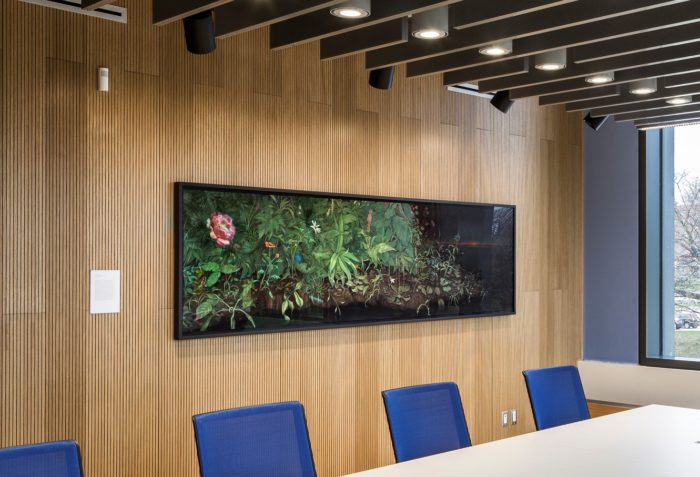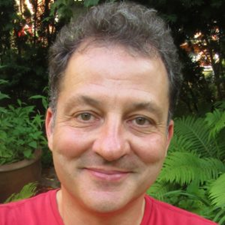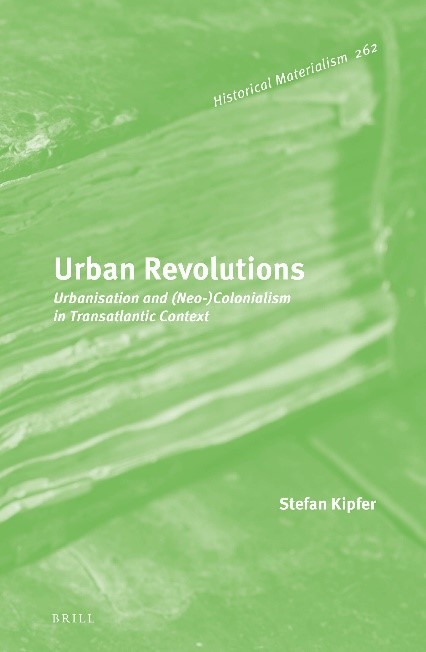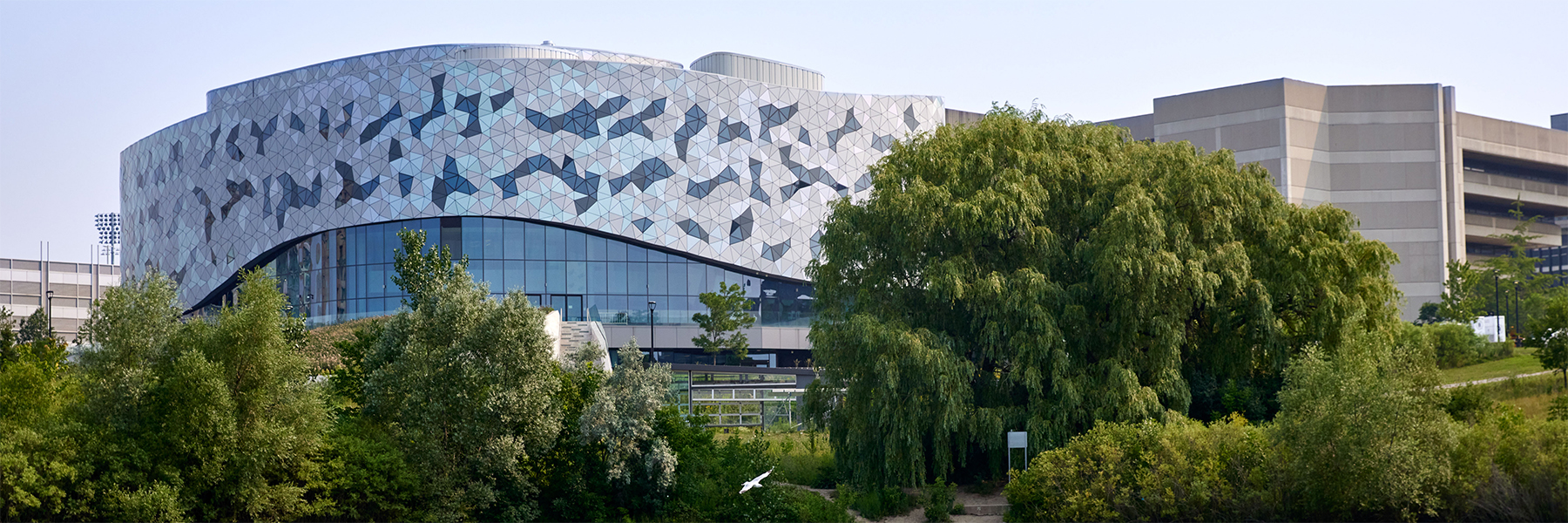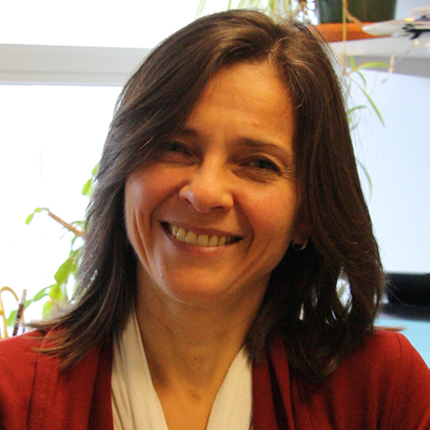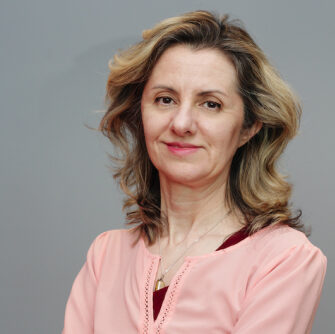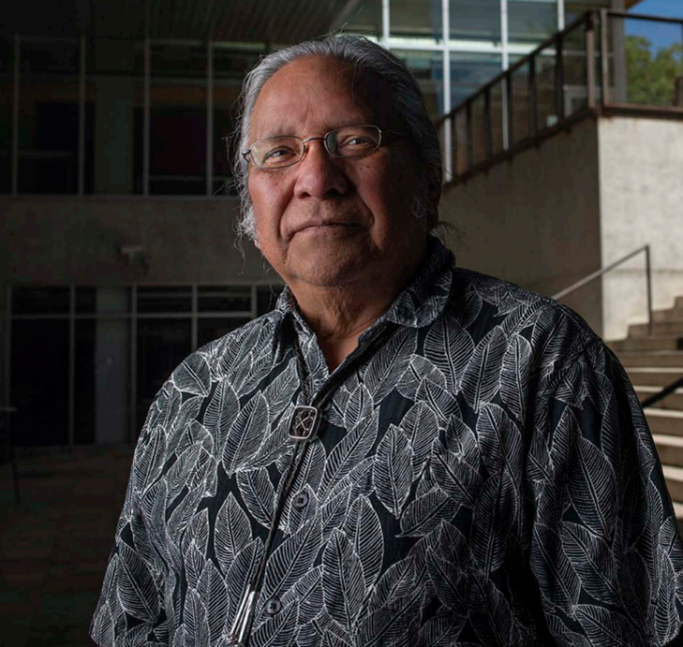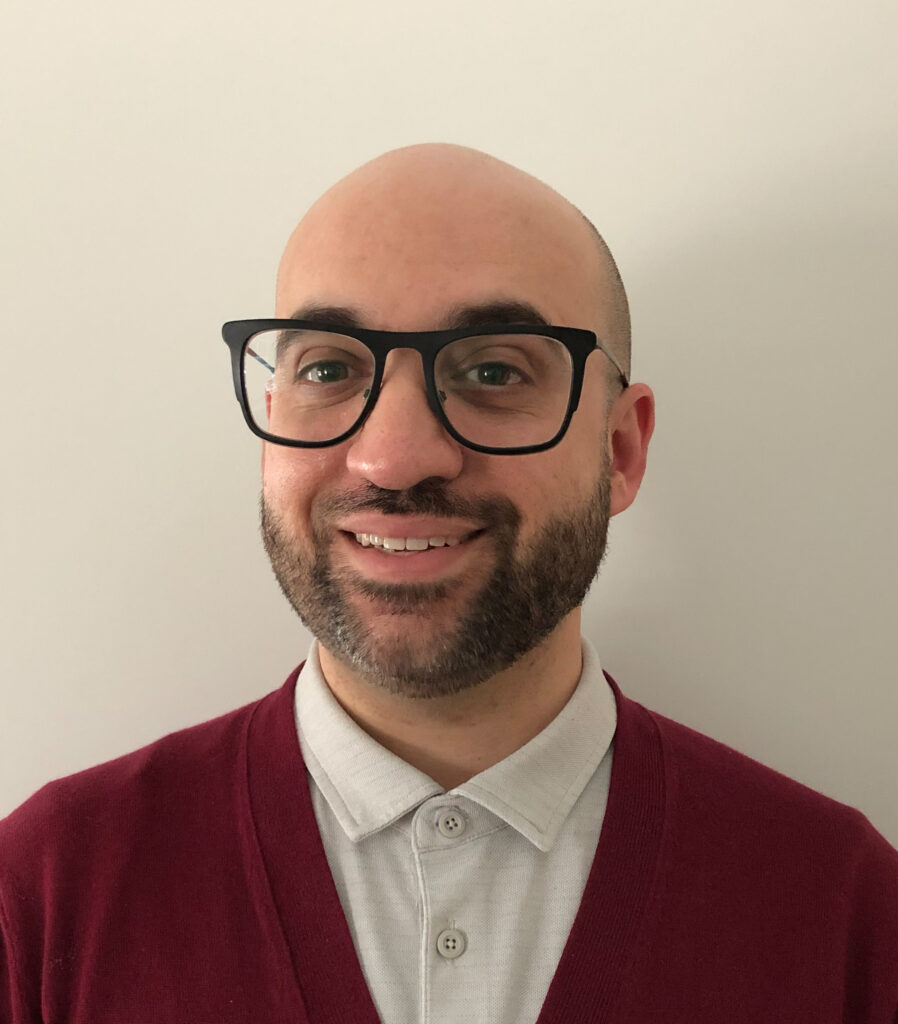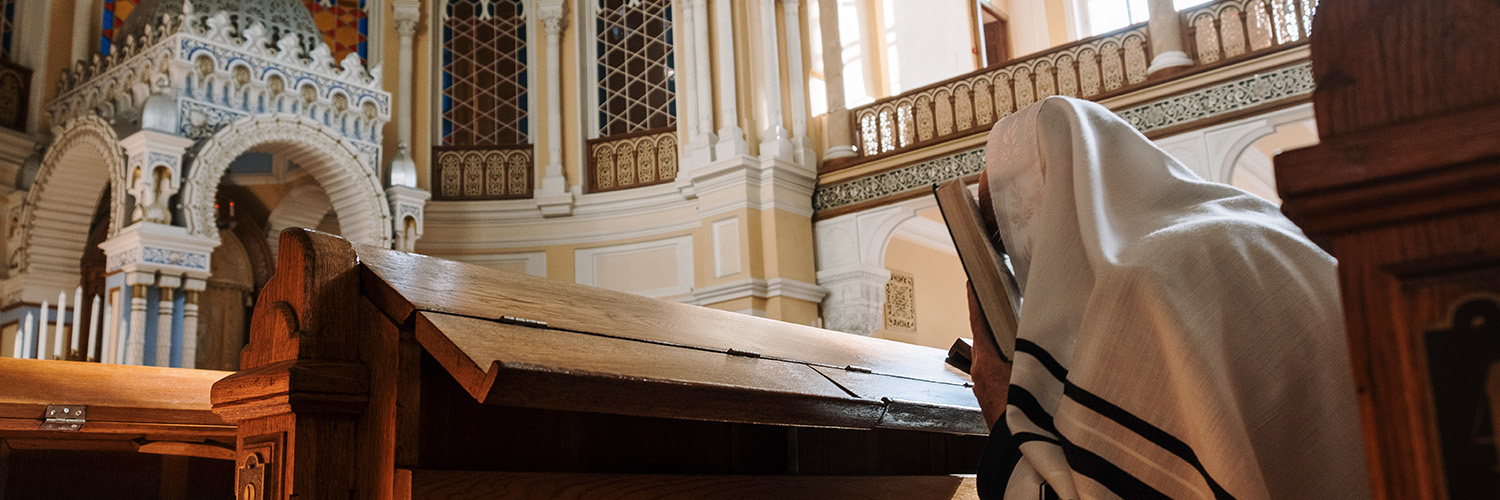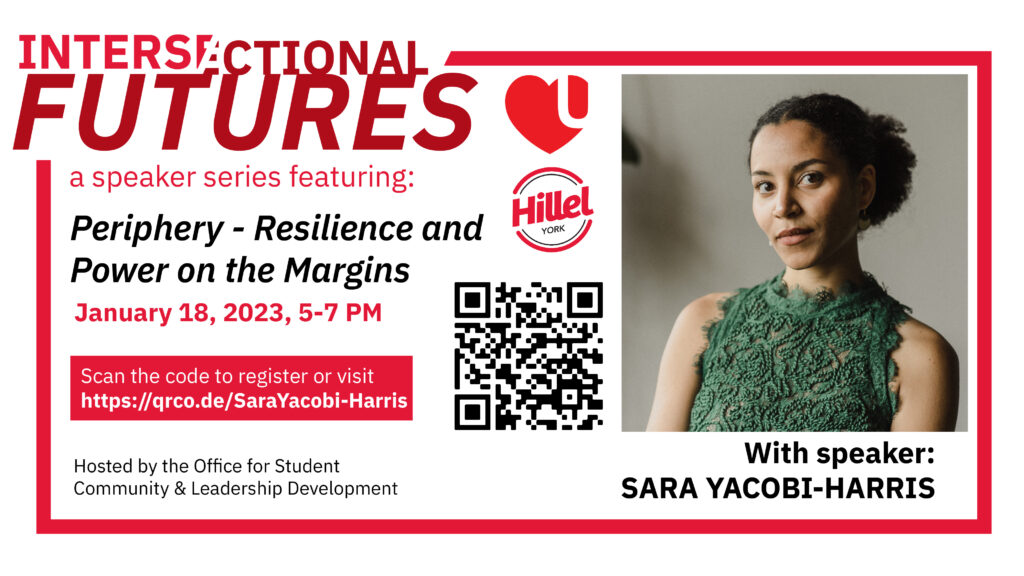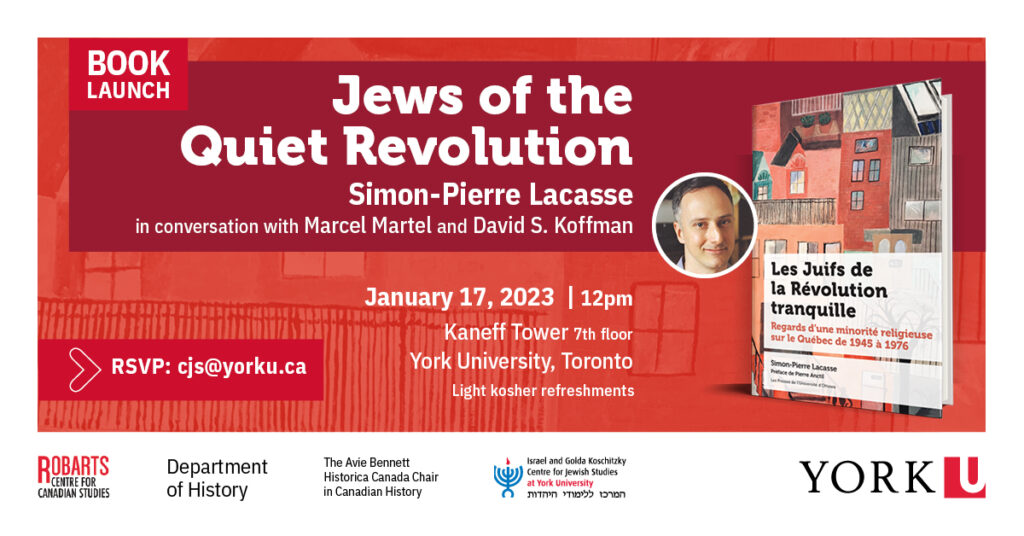La version française suit la version anglaise.
Dear colleagues,
I am pleased to invite you to the 2023-24 York University community budget consultation. Budget consultations have been in practice at York for the last six years as an opportunity to provide the community with an overview of the University’s finances, an update on the current budget and a mechanism to obtain input from the community about priority areas for investment. These consultations have become a cornerstone of the budget development process and enhance York’s ability to invest in strategic priorities to advance our University Academic Plan.
This year, York has held several consultations and obtained input from Faculties, departments/units, employee groups and student groups across our community. On Wednesday, Feb. 15, we are inviting all students, faculty, instructors and staff to join President and Vice-Chancellor Rhonda L. Lenton, Provost and Vice-President Academic, Lisa Philipps and Vice-President Finance and Administration, Carol McAulay for a community-wide budget consultation before the development of annual budgets for our next fiscal year.
Wednesday, Feb. 15, 2023
3 to 4 p.m.
REGISTER TODAY
During the consultation, you will learn about York’s budget model, current financial framework, planned investments and challenges to be considered for the year ahead. You will then have the opportunity to voice your perspective about what is important to you, and how York should consider allocating investments going forward to advance our collective strategic priorities.
By joining and participating in this consultation, you are playing an active role in supporting the UAP priorities that are of greatest significance to our community and helping York achieve its full ambition.
On behalf of the Budgets & Asset Management (BAM) department, we look forward to hosting you for an hour of learning and informative discussion.
Sincerely,
Ran Lewin,
Assistant Vice-President, Budgets and Asset Management
Donnez votre avis sur le budget 2023-2024 de York
Chers collègues, chères collègues,
J’ai le plaisir de vous inviter à la consultation communautaire sur le budget 2023-2024 de l’Université York. Les consultations budgétaires ont lieu à York depuis six ans. Elles donnent à la communauté un aperçu des finances de l’Université et une mise à jour du budget actuel. Elles sont aussi un moyen d’obtenir des commentaires de la communauté sur les domaines prioritaires d’investissement. Ces consultations sont devenues une pierre angulaire du processus d’élaboration du budget et améliorent la capacité de York à investir dans les priorités stratégiques pour faire avancer le Plan académique de l’Université (PAU).
Cette année, York a organisé plusieurs consultations communautaires et a recueilli les commentaires des facultés, des départements/unités, des membres du personnel et des groupes étudiants. Le mercredi 15 février, nous invitons tous les membres de la communauté étudiante, du personnel et des corps professoral et enseignant à se joindre à la présidente et vice-chancelière Rhonda L. Lenton, à la rectrice et vice-présidente aux affaires académiques, Lisa Philipps, et à la vice-présidente des finances et de l’administration, Carol McAulay, pour une consultation communautaire sur le budget avant d’élaborer les budgets annuels de notre prochain exercice.
Mercredi 15 février 2023
De 15 h à 16 h
INSCRIVEZ-VOUS AUJOURD’HUI
Au cours de la consultation, vous découvrirez le modèle budgétaire de York, le cadre financier actuel, les investissements prévus et les défis à envisager pour l’année à venir. Vous aurez alors l’occasion d’exprimer votre point de vue sur ce qui est important pour vous et sur la manière dont York devrait envisager d’allouer ses investissements à l’avenir pour faire avancer nos priorités stratégiques collectives.
En rejoignant et en participant à cette consultation, vous jouez un rôle actif pour appuyer les priorités du PAU qui sont les plus importantes pour notre communauté et vous aidez York à réaliser pleinement ses ambitions.
Au nom du Département des budgets et de la gestion des actifs (BAM), nous nous réjouissons de vous accueillir pour une heure d’apprentissage et de discussion instructive.
Sincères salutations,
Ran Lewin,
Vice-président adjoint des budgets et de la gestion des actifs




